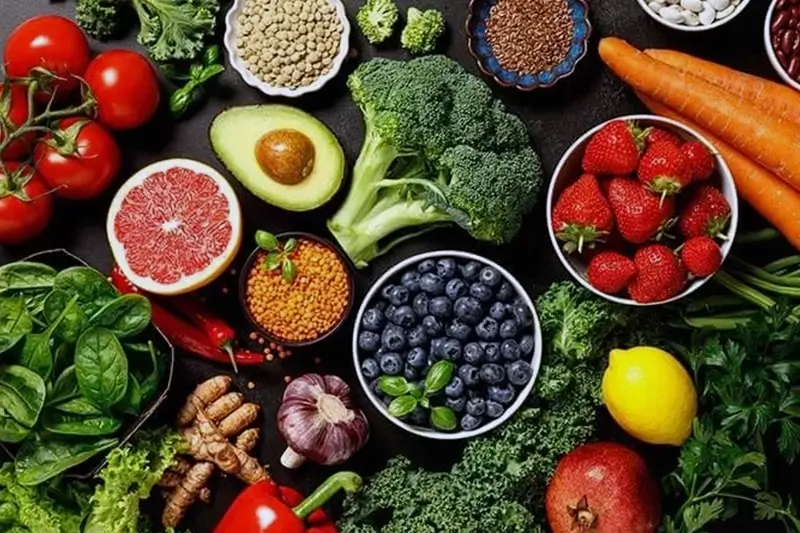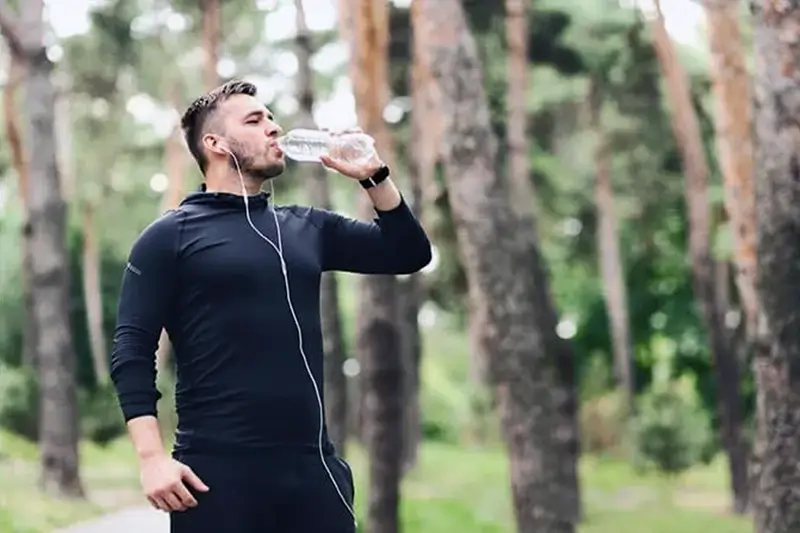A big part of being healthy is your diet. What you eat impacts how you feel and the overall health of your body. Perry County residents can now seek nutrition coaching in Newport at Deimler Chiropractic!
Part of nutrition coaching is making sure that you are eating a balanced diet. Produce (fruits and veggies) are an important piece of any diet, however, it can be difficult to make sure you are eating enough as produce can go bad before your next weekly trip to the grocery store if you aren’t following these tips to keep produce fresh!
Make the most of the produce you purchase or grow
Unfortunately, fresh foods make up the majority of the food waste we have in America. By making adjustments to how we treat the fresh foods we purchase or grow, we can help to prevent excess spoilage and waste. With these changes we can save money and play a more positive role in the reduction of food waste. When less food is wasted, less ends up in a landfill and reduces methane emissions.
Be picky with your produce
It’s important to focus on purchasing only the number of fruits and vegetables you will need. Since fresh produce does not have a long shelf life, it is recommended to only buy the produce you will need for the next 5 days. Much longer than this, you will start to see the quality of you produce decline.
If selecting your produce in a grocery store, try to select these items towards the end of your grocery trip. The idea is to allow little time for cold foods to become too warm. Along the same idea, if picking your vegetables/fruits from your garden or purchasing from a farmer’s market/produce stand, make sure to get your items earlier in the day. The longer the produce sits out in the heat and sun, it speeds up the ripening process and will not last as long at home. Your fruits and veggies don’t have to be blemish free but be wary of any produce with large bruises or torn skin which can accelerate the rotting process.
Store sensibly
Not all fruits and vegetables should be treated the same when it comes to storage. Inappropriate storage not only affects the quality of the produce in taste and texture but can also affect how long the produce will stay good for eating.
Delicate produce such as berries and leaf lettuces should be refrigerated at home in a fridge with a temperature set to less than 40 degrees F.
Some fruits produce a large amount of ethylene gas during ripening, which can ripen other produce when stored together. These foods include:
- Avocados
- Unripe bananas
- Nectarines
- Peaches
- Tomatoes
- Apples
- Apricots
- Cantaloupe
- Figs
- Kiwis
- Plums
In the refrigerator, store these fruits in a no-vegetables-allowed crisper drawer and away from fruit that doesn’t need to be quickly ripened. Some vegetables also can leave distinctive odors that fruits absorb, affecting overall quality.
Are you interested in learning more tips about food and nutrition? Nutrition coaching can help Perry County residents learn more about how to maintain a healthy, accessible diet. Call Deimler Chiropractic today at (717) 567-3158 to schedule an appointment with our registered dietician!





